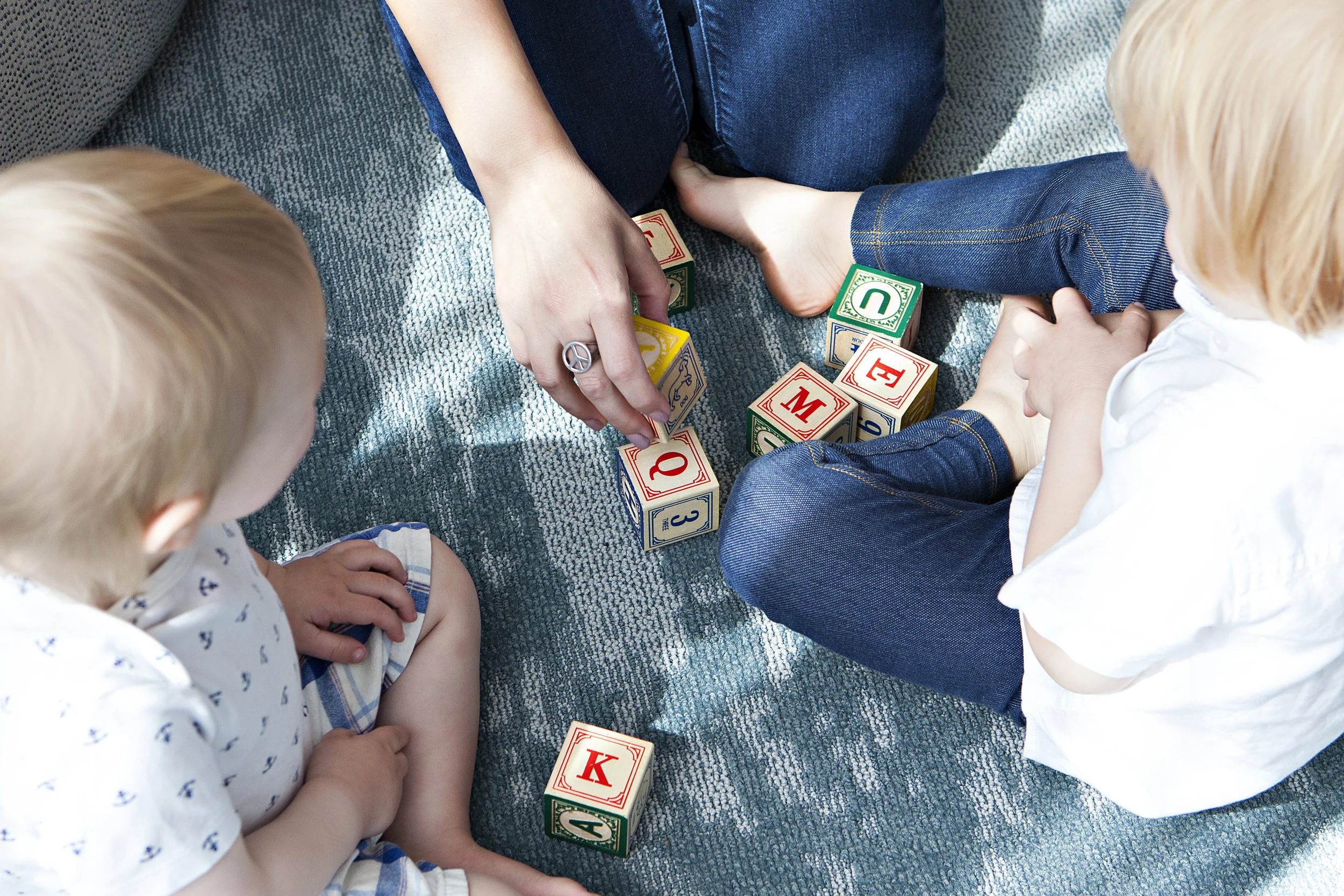The Power of Play
Kids are play-powered. It would be a lot easier if they were say, solar-powered, but the truth is, kids need play to be happy and healthy, and playing with their parents is particularly powerful for their well-being. Most parents know this, but the secret that parents often don’t know is that playing with your kids makes your life easier and makes parenting less of a chore.
If you’re having trouble with your kids not listening, not doing what you ask, or generally misbehaving, it is possible that they are hungry for play with an adult. For a kid, playing with adults is just as important as eating or sleeping. It is the most effective way for them to learn, and the relationship between parent and child will be strengthened and kids’ behavior will usually improve when the adults in their life spend time playing with them. Try setting aside a dedicated time each day when you pay total attention to your children, playing along with whatever they choose do to do during that time. We recommend spending at least an hour playing with your child each day, but it doesn’t have to be that long, or all at one time. Fifteen minutes of total attention can be long enough for some kids to start turning their behavior around, though it might take a few days of being showered with attention for fifteen minutes to start to be enough. Set a timer together so your child knows when the time is up.
It seems backwards to some parents at first; often times, parenting “experts” recommend ignoring your children until they behave the way you wish them to, but this strategy is often ineffective because it isn’t based on the science of how kids’ brains work. It is old advice, based on old science. Thanks to advances in technology such as function magnetic resonance imaging or fMRI, researchers and psychologists have now insight into the neurological functions of kids brains. They teach us that feeling emotionally connected to and supported by an adult is necessary for children to learn.
When children become overly stressed or anxious, or when they are angry, sad, or frustrated, such as when overwhelmed by conflict with a caregiver, the part of our brain responsible for rational decision making shuts off, and the fight-or-flight function to takes over. Kids who are acting out are often in a state of emotional overwhelm and will not be able to learn or think rationally about their behavior until they are calm.
The good news is, as social animals, we have the ability to help our kids bring their learning and rational minds back online - all we have to do is help them feel emotionally connected to a responsive caregiver. Once they have connected and calmed down, they can think through the behavior and start to learn. They also will not be able to articulate what they are experiencing or ask you for what they need (so pleas to “use your words” often don’t work) because they
The best way to get a kid to feel connected to you (at any age), is through play. When we play with our kids, we send them the message that we see them, demonstrating our love for them through concrete action and dedicated attention. When they start to act out, it is important for caregivers to see their behavior as a signal that they are thirsty for connection. Kids don’t misbehave on purpose; they do it because they are trying to communicate their need for connection. The best way to address misbehavior is to prevent it by ensuring kids feel heard, seen, safe, and loved - by playing with them, even for a short time, you build your connection to them, strengthen their brains, and make it more likely they will follow your directions and uphold their responsibilities. Each time you pay your child total attention during playtime, you lay the foundation for good behavior later.
This is especially true during stressful times such as divorce or another conflict between their parents. Kids need to receive the message that they are still loved and safe even though their parents are divorcing, and the strongest message is the one you send through your actions, by spending time with them each day doing things that they love to do and which they get to choose. Even an older kid will benefit from this - teenagers who clam up when parents try to talk to them or ask questions often relax and let their guard down when their parents play a game or goof around with them without expectations.
So next time your kid starts misbehaving, ask yourself whether they might be craving some one-on-one time with you and take some time to give them your total attention. See if you can’t make parenting easier with the power of play.
Cordial Family Lawyers are not licensed mental health professionals but we use our psychology background to inform our legal practice and build child custody agreements that take kids’ emotional, mental, and developmental needs into account. Find out more or contact us at info@cordiallaw.com.


